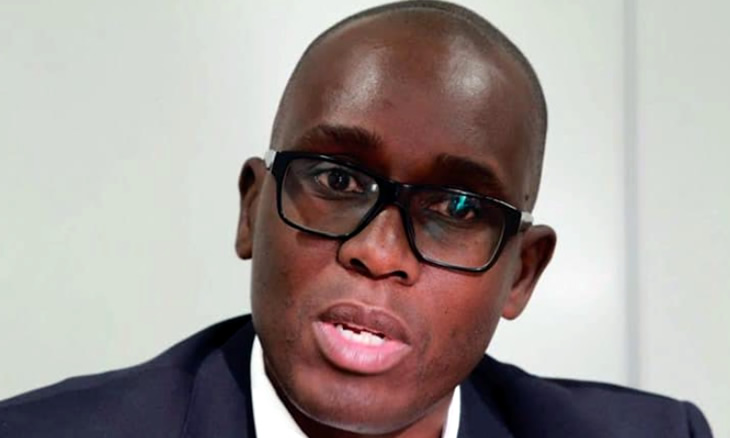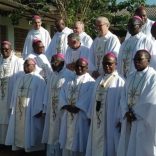Mozambique: Insurgents getting bolder eight years after first attack - João Feijó
Mozambique: Lawyer Tomás Timbane warns of possible excesses by police and citizens during state of emergency

File photo: O País
Former Chairman of the Mozambican Bar Association, Tomás Timbane says both citizens and the Defence and Security Forces face a danger of excesses during the state of emergency.
The state of emergency opens space for the restriction and limitation on certain fundamental rights, freedoms and guarantees, and Tomás Timbane, lawyer and former president of the Mozambican Bar Association, thinks it right to draw attention to challenging days ahead where excesses may occur.
“The excesses may be on the part of the Defence and Security Forces, but also from citizens themselves violating the measures being implemented,” Timbane says. “Citizens might violate the quarantine rules, or the rules regarding price fixing.”
“There is an acute challenge, both on the part of the Defence and Security Forces and of the citizens themselves, to be much more aware of their rights and duties in this exceptional situation,” he advocates.
But Timbane says judicial institutions will continue to function, and those who feel their rights are being violated can resort to them.
“Courts and sovereign bodies will be functioning. The Public Prosecutor’s Office, an important body in the administration of justice, will be functioning, and lawyers have all kinds of prerogatives for practicing law,” he says.
Timbane points out that the Attorney General’s Office bears the critical responsibility for defending citizens and legality.
“In addition to the Public Prosecutor’s Office exercising its criminal law functions, it must also defend legality itself,” he says. “The Public Prosecutor’s Office must organise itself, and even steel itself to control the work of the police and any excesses.”
The state of emergency is in force for 30 days, and is renewable under the terms of the Constitution of the Republic.
By António Tiua












Leave a Reply
Be the First to Comment!
You must be logged in to post a comment.
You must be logged in to post a comment.